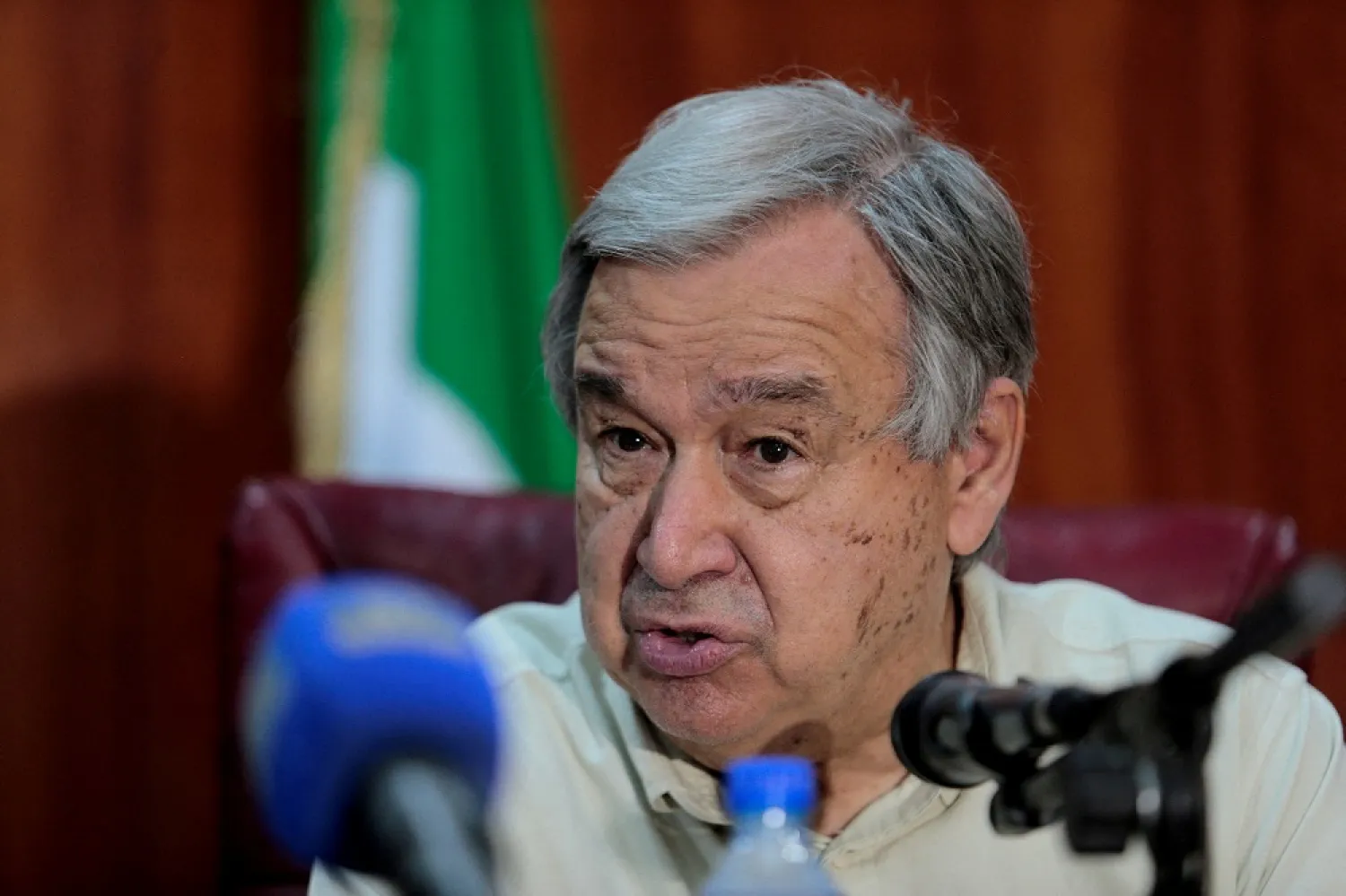The UN chief called for Lebanon’s parliamentary elections on May 15 to be "free, fair transparent and inclusive" in a report circulated Wednesday and urged the quick formation of a government afterward that gives priority to implementing reforms addressing the country’s multiple crises.
Secretary-General Antonio Guterres said in the report to the UN Security Council that political polarization in the country has deepened and the Lebanese people "are struggling daily to meet basic essential needs." He pointed to frequent protests across the country sparked by "public frustration with the political situation and the economic and financial crisis."
The May 15 elections for parliament are the first since Lebanon’s economic meltdown began in late 2019. The government’s factions have done virtually nothing to address the collapse, leaving Lebanese to fend for themselves as they plunge into poverty, without electricity, medicine, garbage collection or any other semblance of normal life.
The elections are also the first since the August 4, 2020, catastrophic explosion at Beirut port that killed more than 215 people and wrecked large parts of the city. The destruction sparked widespread outrage at the traditional parties’ endemic corruption and mismanagement.
Guterres, who visited Lebanon last December, said no one has yet been held accountable for the explosion and the Lebanese people are demanding "truth and justice." He reiterated his call for "a swift, impartial, thorough and transparent investigation" and stressed that "the independence of the judiciary must be respected."
In the May 15 election, a total of 103 lists with 1,044 candidates are vying for the 128-seat legislature, which is equally divided between Christians and Muslims.
Self-declared opposition groups remain divided along ideological lines on virtually every issue, including over how to revive the economy, and as a result, there are an average of at least three different opposition lists in each of the 15 electoral districts, a 20% increase from the 2018 elections.
Guterres noted that proposals submitted in the past two years for a women’s quota were still pending in parliament, and he urged that the new government be quickly formed "with full participation of women and young people."
The secretary-general's semi-annual report on implementation of a 2004 Security Council resolution reiterated that its key demands -- that the Lebanese government establish its sovereignty throughout the country and that all Lebanese militias disarm and disband -- have not been fulfilled.
Guterres said Hezbollah’s maintenance "of sizeable and sophisticated military capabilities outside the control of the government of Lebanon remains a matter of grave concern." He noted Hezbollah leader Hassan Nasrallah’s February announcement that it now has the ability to transform thousands of its missiles "into precision missiles" and has been manufacturing drones "for a long time."
The secretary-general urged the Lebanese state to "increase its efforts to achieve a monopoly over the possession of weapons and the use of force throughout its territory."
"I continue to urge the government and the armed forces of Lebanon to take all measures necessary to prohibit Hezbollah and other armed groups from acquiring weapons and building paramilitary capacity outside the authority of the state," the UN chief said, stressing that this violates Security Council resolutions.
Guterres said Hezbollah’s continued involvement in the war in neighboring Syria also risks entangling Lebanon in regional conflicts and undermining its stability.
He called on countries in the region with close ties to Hezbollah to encourage its disarmament and transformation into "a solely civilian political party." Both Syria and Iran have close ties to Hezbollah.









